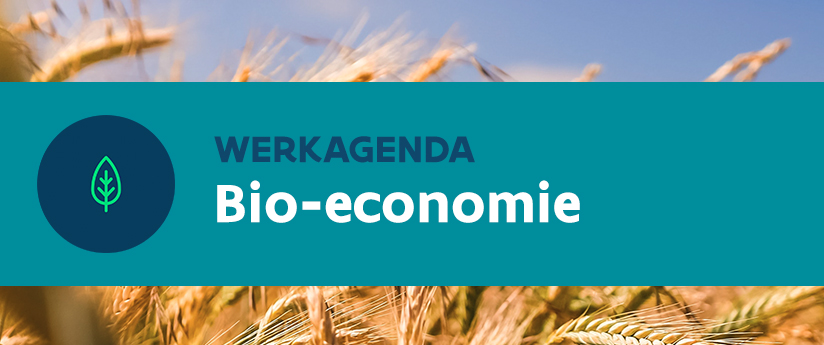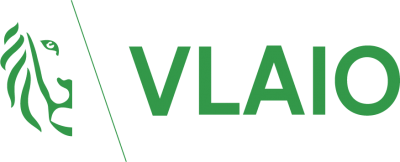Topics
We organise our actions in six thematic & strategic agendas:
Strategic Agendas:
Bio-economy
Circular Construction
Chemicals/Plastics
Manufacturing Industry
Food Chain
Water Cycles
Seven leverages provide additional support:
Leverage effects:
Lever Policy Instruments
Lever Circular Procurement
Lever Communication
Lever Innovation & Entrepreneurship
Lever Financing
Lever Jobs & Skills
Lever Research
What, why and how?
Why are we pursuing a circular economy?
Future visions 2050
How do we see our circular future?
About our management
Who steers what at Flanders Circular?

Our Approach / Strategic Agendas
Bio-economy

Why
"The bio-economy includes all activities using organic material or biological processes"
This description gives the full picture of the bioeconomy, and its importance to our society. These activities are extremely diverse and are part of different sectors, such as agriculture and food production, waste treatment, the chemical and pharmaceutical sectors, energy and materials production. These sectors in turn form the basis of essential value chains for food, consumer products, construction or energy and water supply or management of landscapes and natural areas.
Why a sustainable circular bioeconomy?
The bioeconomy is an essential part of the sustainable circular Flemish economy, and can make a substantial contribution to reducing our dependence on imports of raw materials.
The bioeconomy is also an important link in the transition to make our economy carbon neutral. This can be done by building new value chains that ensure a closed carbon cycle. With the right incentives, the bioeconomy can provide us with bio-based alternatives to 'fossil products', with minimal climate impact.
The transition to a bioeconomy also has the potential to make our local economy resilient and stronger, and certainly by putting a strong focus on supporting SMEs in the agricultural and agri-food sectors.
Strengths of Flanders
Flanders has some unique assets to grow the bioeconomy.
1. Lots of knowledge and thorough research
2. Clusters of innovative companies
3. Ports as incubators
















